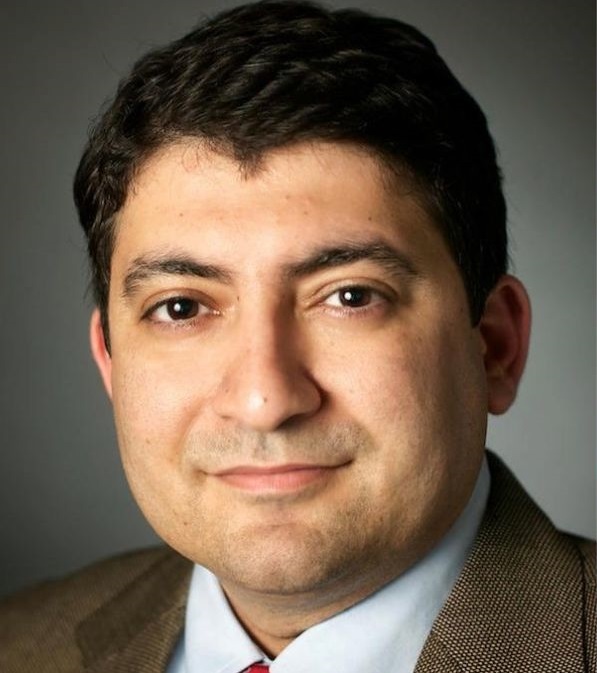Science
New Research Unveils Gut Microbe Target for Metabolic Health

The gut microbiome, a complex ecosystem of microorganisms residing in our digestive system, is crucial for converting food into energy. Disruptions in this microbial community can lead to metabolic diseases, particularly with high-fat diets. A recent study conducted by researchers at the University of California San Diego has identified a potential therapeutic target for these conditions, revealing how time-restricted feeding (TRF) can restore microbial rhythms that protect metabolic health.
Published on June 18, 2025, in the journal Cell Host & Microbe, the study focused on understanding how TRF—restricting food intake to a limited time each day—affects gut microbiota. Researchers explored the daily fluctuations in microbial gene expression, identifying a specific enzyme called bile salt hydrolase (BSH) as a key player in this process.
To examine the effects of TRF, the research team used a method known as metatranscriptomics, which captures real-time gene expression in gut bacteria. They analyzed three groups of mice: one group on a high-fat diet with TRF, another on the same diet without time restrictions, and a control group on a standard diet with unrestricted access to food. After eight weeks, significant functional changes in the microbiome were observed exclusively through metatranscriptomic analysis.
Dr. Stephany Flores Ramos, a postdoctoral researcher at UC San Diego and the study’s first author, noted, “By looking at RNA, we are able to capture the dynamic changes of these microbes compared to metagenomics where we don’t see changes.” This innovative approach allowed the researchers to pinpoint alterations in microbial activity tied to TRF.
The study’s senior author, Dr. Amir Zarrinpar, an associate professor of medicine at UC San Diego, emphasized the importance of linking gut microbiome changes to metabolic benefits. “We’ve long suspected that the metabolic benefits of time-restricted feeding might be driven by changes in the gut microbiome. With this study, we were finally able to test that idea directly,” he stated.
The team specifically focused on the transcription of the bsh gene, which aids in fat digestion and glucose metabolism. Notably, TRF resulted in increased expression of this gene in the gut bacteria Dubosiella newyorkensis, which has a human equivalent. Researchers then engineered gut bacteria to express various versions of the bsh gene, testing their effects in mice. Only the variant derived from D. newyorkensis, which exhibited higher expression during TRF, resulted in significant metabolic improvements.
“Mice given these engineered bacteria had better blood sugar control, lower insulin levels, less body fat, and more lean mass,” Dr. Zarrinpar explained. This discovery showcases the potential of metatranscriptomics in identifying time-sensitive microbial functions that could lead to targeted therapies for metabolic diseases.
Looking ahead, the research team plans to test the engineered bacteria in mice with obesity or diabetes induced by a high-fat diet to determine if the observed benefits are consistent in disease models. They also aim to investigate other time-sensitive microbial genes discovered in their data to further advance engineered bacteria that could enhance metabolic health.
The study included contributions from co-authors Nicole Siguenza, Wuling Zhong, Amulya Lingaraju, and others at UC San Diego, along with researchers from the Salk Institute for Biological Studies and Arizona State University.
In terms of potential conflicts of interest, Dr. Zarrinpar is a co-founder and acting Chief Medical Officer of Endure Biotherapeutics, while Dr. Jeff Hasty and Dr. Rob Knight have ties to various biotech companies. These affiliations have been reviewed and approved by UC San Diego in accordance with its conflict-of-interest policies.
-

 Science3 months ago
Science3 months agoALMA Discovers Companion Orbiting Giant Red Star π 1 Gruis
-

 Science3 months ago
Science3 months agoDoctoral Candidate Trivanni Yadav Advances Battery Research at UTulsa
-

 World4 months ago
World4 months agoGlobal Air Forces Ranked by Annual Defense Budgets in 2025
-

 Top Stories4 months ago
Top Stories4 months agoNew ‘Star Trek: Voyager’ Game Demo Released, Players Test Limits
-

 World4 months ago
World4 months agoMass Production of F-35 Fighter Jet Drives Down Costs
-

 Sports3 months ago
Sports3 months agoNASCAR Faces Fan Backlash as Steve Phelps’ Texts Surface
-

 Business4 months ago
Business4 months agoGold Investment Surge: Top Mutual Funds and ETF Alternatives
-

 Top Stories4 months ago
Top Stories4 months agoDirecTV to Launch AI-Driven Ads with User Likenesses in 2026
-

 Politics4 months ago
Politics4 months agoSEVENTEEN’s Mingyu Faces Backlash Over Alcohol Incident at Concert
-

 Science4 months ago
Science4 months agoTime Crystals Revolutionize Quantum Computing Potential
-

 Entertainment4 months ago
Entertainment4 months agoFreeport Art Gallery Transforms Waste into Creative Masterpieces
-

 Science4 months ago
Science4 months agoRemembering David E. Brest: A Life Dedicated to Nature and Family








